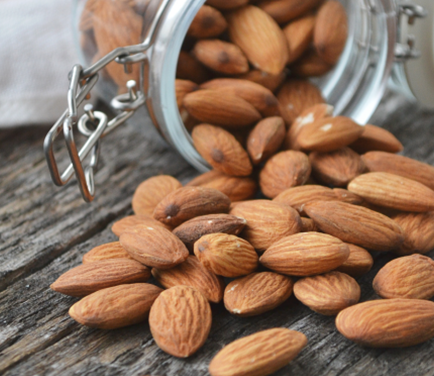Infants bowel movement should be between 1.2 to 4 times a day. From 4 years of age it can vary but should be of ease to eliminate. Constipation can be functional or organic, with functional being the most common. Caused by a number of the following, dysbiotic bowel flora, dehydration, inadequate fibre in diet, food sensitivities and some medications (Hetchman, 2014, p.1431).
Babies fed on formula are more susceptible to constipation due to lower good microbiome. it is the in ability to contract the abdominal muscles. Stools are hard, dry and difficult to eliminate. Changing from breast milk to cow’s milk can produce constipation. Some children do not know how to defecate, boys tend to have most problems. This can occur from the age of 1 but more prevalent in 2-4 years of age (Ekvall, Ekvall, 2005).
Symptoms include- small dry pellet- stools, large hard stools, withholding behaviours, painful defecation, straining, haemorrhoids, skinny stools, and watery stools giving the appearance of diarrhoea.
Nutritional needs- in children that are still being bottle fed up to 1.25 g per dose can be added to baby formula or can be added to babies pureed food. For babies 12 months of age and over ground flax seed can be added to meals.
- Include vitamin C, can help to flush the bowel, and has other benefits.
- Magnesium in absorbable powder form (magnesium citrate, alginate, oxalate or amino acids) will help to relax the smooth muscle of the intestine and promote healthy peristalsis.
- Probiotics influence bowel motion, transit time and frequency
(Hetchman, 2014, p.1432).
Example diet
Breakfast – ½ cup of cooked porridge with 2 tablespoons of poached pears
Lunch – 1 cup of steamed vegetables, I boiled egg
Dinner- ½ cup of whole meal pasta, sauce of cooked mince chicken and homemade tomato puree
Snack – fresh berries, mashed banana, chia and yogurt pudding.
Recipe for homemade tomato puree- steam 1 cup of pumpkin, 1 small zucchini, 2 deseeded tomatoes. When cool blend. This can be kept in the fridge for 5 days and added to any meal.


